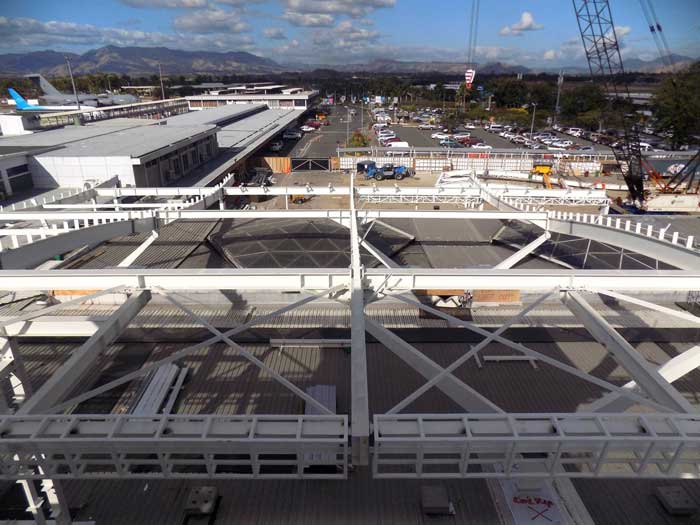THE Fijian government has adopted a cautious approach to entering into Air Services Agreements (ASAs) which could result in local airspace being liberalised and opened to multiple airlines. ASAs are agreements between countries which determine passenger and freight traffic into and out of each country.
They can be very specific and regulate the number of reciprocal seats per week/ month/year or be very liberal and offer little or no limitations and even include 5th and/or 6th freedom rights Fifth Freedom provisions, sometimes referred to as ‘beyond right’, provide the right to carry passengers between two countries by an airline of a third country (e.g. Air Mauritius via Kuala Lumpur to Singapore).
In the case of Sixth Freedom provisions, airlines are granted the right to carry passengers between two foreign countries by stopping or connecting in the home country (e.g. Emirates using Dubai).
Fiji’s Solicitor-General and Permanent Secretary for Civil Aviation, Sharvada Sharma, says there’s a need to “tread carefully” in the case of “Open Skies” agreements, especially for smaller island states whose economies can be fragile. Under the Open Skies policy, international air services are liberalised, allowing for unlimited airline access into a particular country and beyond.
